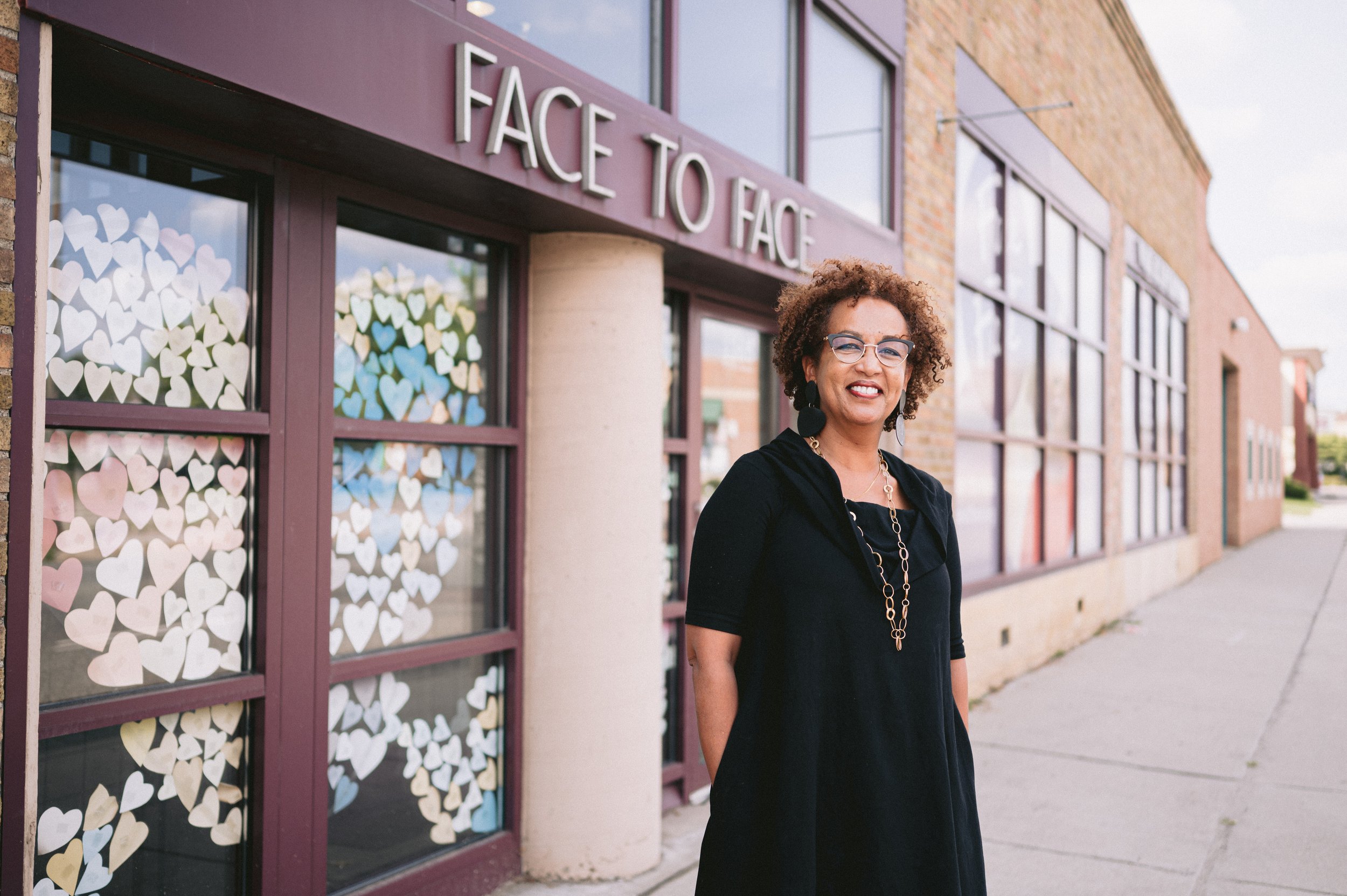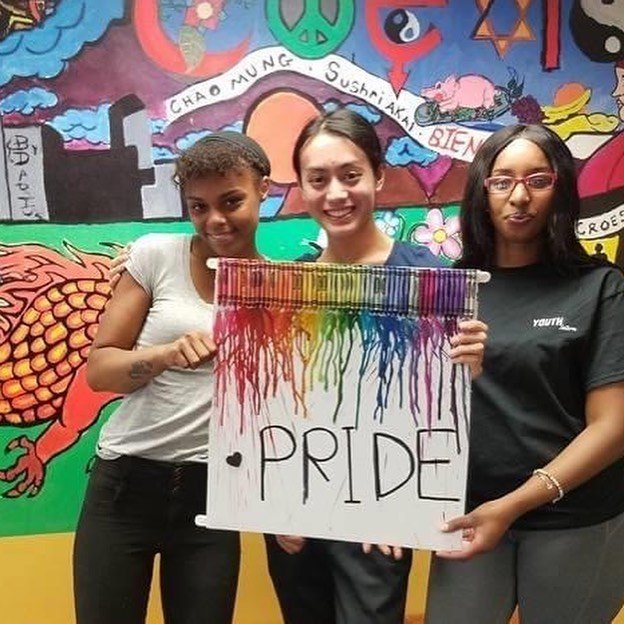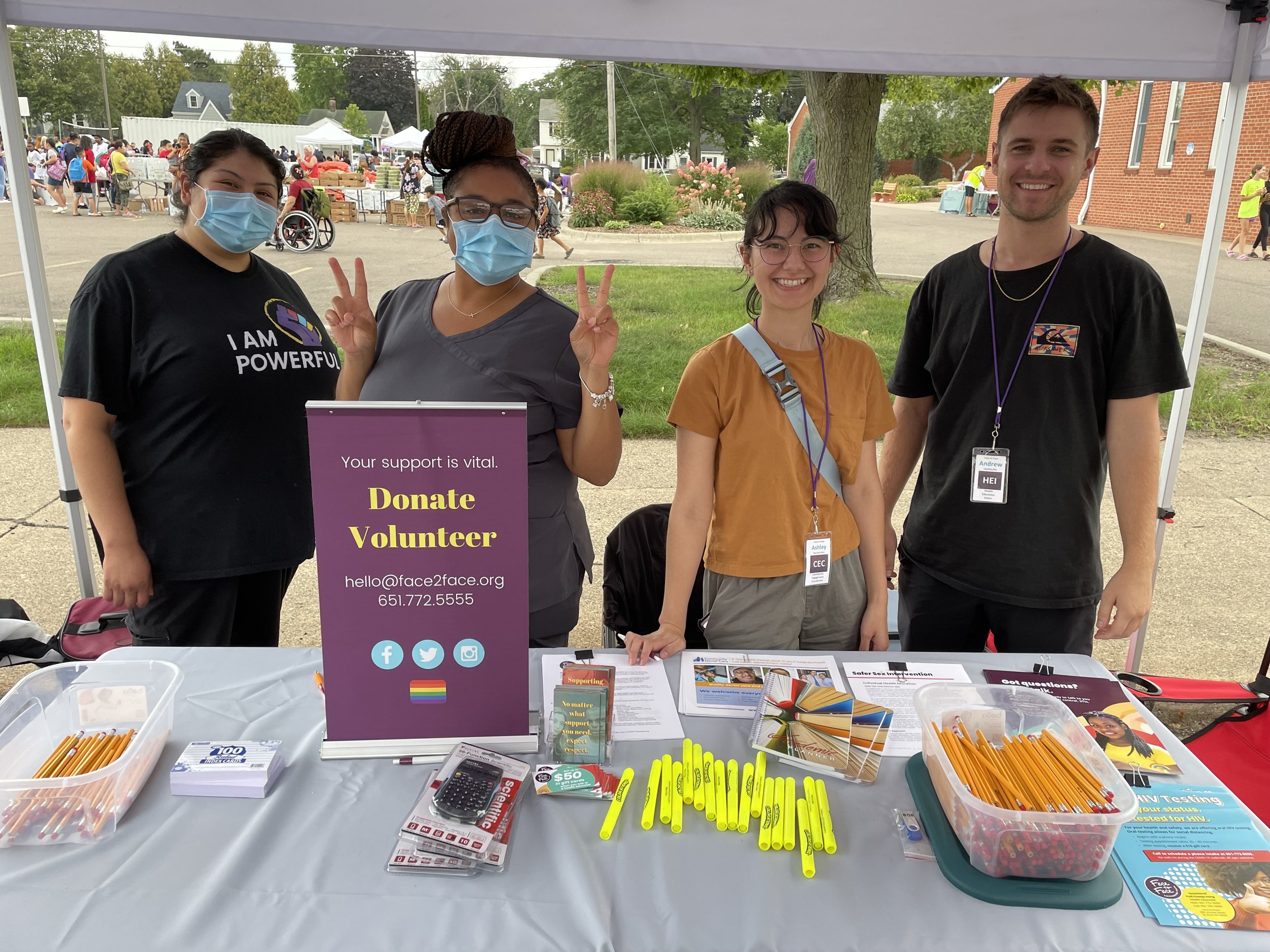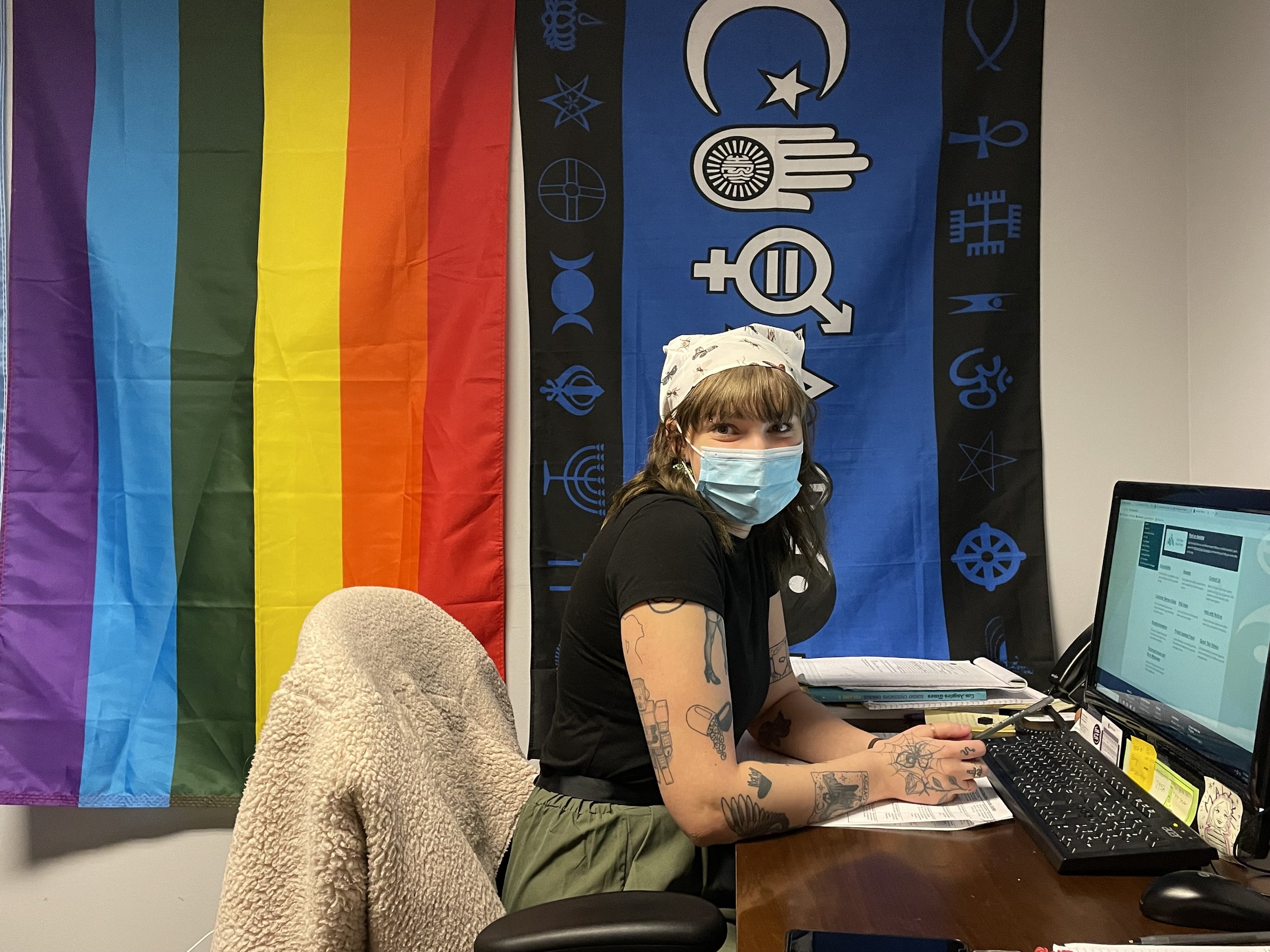MetroDoctors Guest Post: Hanna Getachew-Kreusser, M.A, Face to Face Health & Counseling
How to Earn the Trust of Transgender and Gender Diverse Youth
Hanna Getachew-Kreusser, M.A., Executive Director of Face to Face Health & Counseling
Close your eyes and imagine an environment where all young people are valued for who they are and realize their potential. Is that a reality in your environment? At Face to Face, a nonprofit providing essential support for marginalized young people since 1972, that is our vision.
Our mission is to advance economic and health equity for youth while providing support, opportunities, and access to resources as they build on their strengths and achieve their aspirations.
Face to Face began as a volunteer-run walk-in crisis counseling and reproductive health clinic for youth and has grown to more than fifty full-time staff that provide wraparound services in six core areas, including a medical clinic. No other organization in Ramsey County provides the breadth of services for young people that we do, making us uniquely able to respond to the multiple challenges young people are navigating.
Face to Face supports youth ages 11-24 through six core service areas:
Medical clinic including health education
Mental health
Housing
Education and employment
Youth justice
Community programs
All services areas include comprehensive wraparound services, with a relational and principle-based approach.
As Executive Director, I am constantly meeting people who want to provide welcoming, helpful service to gender diverse clients, but don’t know how or what needs to change within their practice. After more than fifty years of serving youth, we have learned the most important first step in supporting youth is earning their trust.
That’s why at Face to Face we operate under a set of nine evidence-based principles that guide us as we work toward advancing economic and health equity for youth, instead of a set of rigid rules and policies that are slow to change and cannot keep up with youth (Homeless Youth Collaborative on Developmental Evaluation, 2014).
At the center of this work is a focus on building trusting youth-adult relationships. We cannot help young people have better health outcomes if they do not trust us. Building that trust begins with interacting with youth in an honest, authentic, and caring way.
Above all, it is important to be affirming of youth. Simply being competent of the changing gender landscape and acting welcoming is not enough. We must show youth we believe them when they tell us who they are and affirm their identities they share with us.
As Maya Angelou said, “People will forget what you said, people will forget what you did, but people will never forget how you made them feel.” Acting welcoming does not help people feel acceptance – only affirmation helps people feel truly accepted.
Another core principle is to be trauma-informed and recognize that youth who identify outside of the gender binary have been marginalized and most likely experienced trauma as they have uncovered and fought for their identity. Healthcare providers can build trust by openly listening to young people’s journeys through a non-judgmental lens, which helps youth in turn trust their providers.
Healthcare institutions have a long history of operating on systems based on binaries, which makes it hard for them to keep up with society’s exponential rate of change. Electronic health records and insurance companies create alienating experiences by focusing on the heteronormative and operating on gendered assumptions. Yet healthcare providers who work within those systems want to learn how to keep up with society’s changes, so they can better serve their patients.
Youth have always been at the forefront of change. They have ushered us through every great civil rights movement throughout history and today they are educating us on gender as we learn how to live in and create a world beyond binaries.
Earning Trust
As you reconsider the ways you interact with transgender and gender diverse patients moving forward, remember these three ideas:
Affirm. Don’t simply be competent and welcoming, provide affirmation. Repeat back to youth what they’ve told you in their own words, showing them you care to get their details, like pronouns and desired name, correct.
Listen. Remember to actively listen without assumptions and through a non-judgmental lens so you can instead focus on the young person’s strengths as you work to help them improve their health.
Consider their journey. Many of these young people have experienced discrimination, systemic racism and other forms of oppression, and it’s our job to keep in mind their entire journey so we can engage youth in holistic support.
Earning the trust of young people is vital work and will bring about positive changes for you and those you serve. We have seen youth leave unsafe relationships, take charge of their health, transform their mental health, enter the workforce and build careers, heal from trauma and go on to have healthy sexual relationships, all because we first earned their trust.
Decide today to treat transgender and gender diverse youth, as well as all you serve, in this impactful, respectful way, no matter the attitudes of your colleagues or the institutions within which you work. Changing your approach can have lasting ripple effects in the health outcomes of the people you serve.
Connect with Face to Face
If you want more help in learning how to best serve youth, contact our Community Engagement Coordinator, Ashley Bauer-Yuen, at 651-772-5591 or bauer-yuena@face2face.org.
To learn more about Face to Face and how we can collaborate to better serve young people, visit face2face.org and follow us on Facebook, Instagram, Twitter, and LinkedIn, via @face2faceorg.






